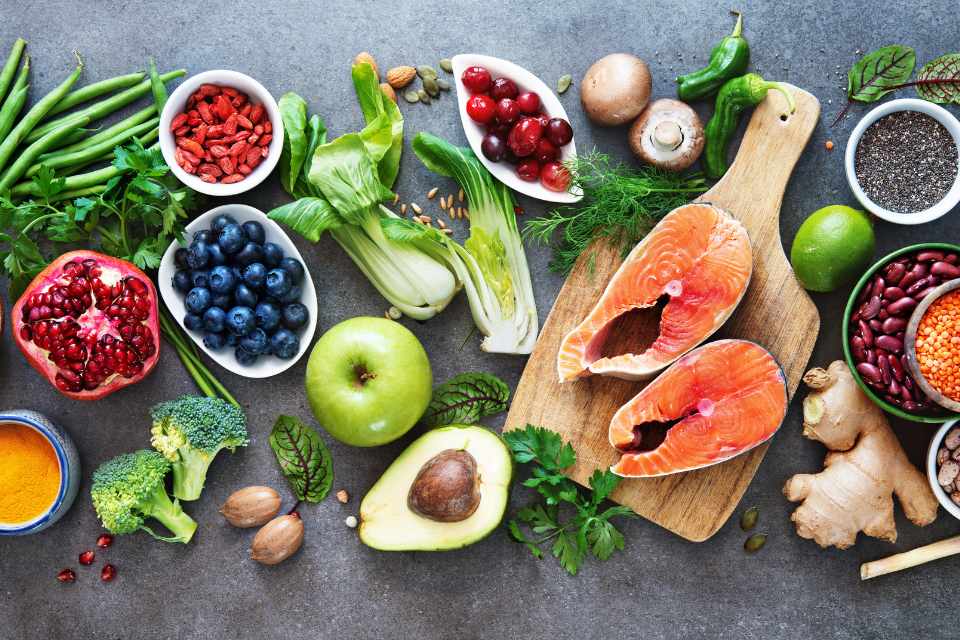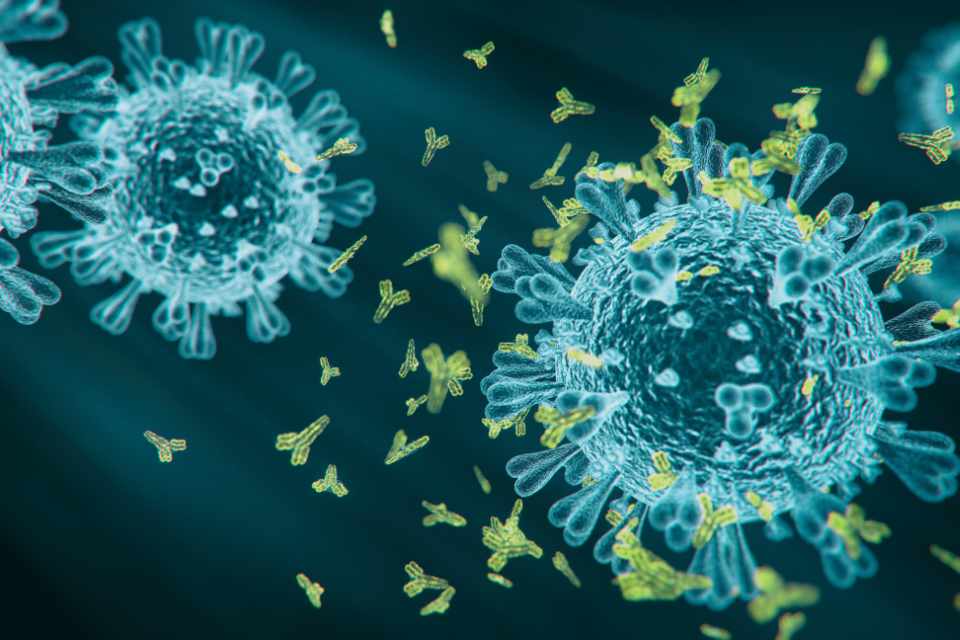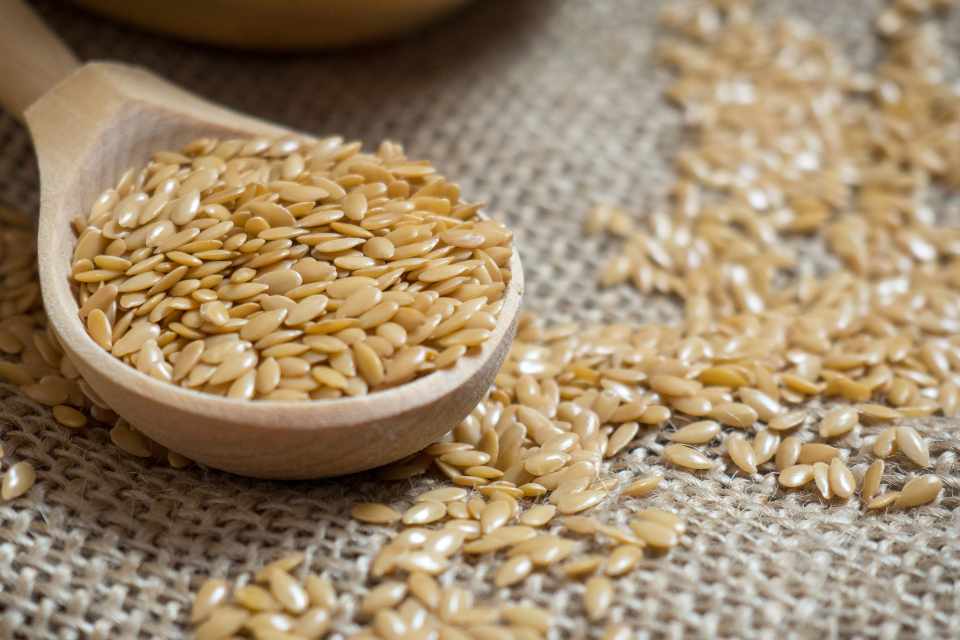Cholesterol is a fatty substance in the body that is vital for health. It is so important to normal body functioning that the body can make its own cholesterol. In fact, if we eat less cholesterol the body makes more in the liver. However, for some people, if cholesterol in the bloodstream is too high, there is a higher risk of heart disease. Statin drugs are often prescribed to lower cholesterol. Yet statin drugs can have nasty side effects. Read on for information on how to lower cholesterol naturally.
How can we lower our cholesterol
Research shows that eating healthily can reduce cholesterol. A healthy diet provides all the necessary micronutrients in an easily absorbed form. It also limits processed or refined foods and reduces food toxins. A healthy diet can be as much about what is left out as what is included.
Extensive research suggests that a Mediterranean style diet may be the healthiest diet. The focus of this diet is on healthy fats such as olive oil, vegetables, fruits, nuts and seeds. Along with fish, seafood and limited quantities of meat. Beans and legumes, dairy products and properly prepared whole grains are included if tolerated. Moderate wine intake is often included as part of a Mediterranean style diet.
The Mediterranean diet
In practice, switching to a Mediterranean style diet means consuming 25 to 30% of calories from carbohydrates. Keep saturated fat low, whilst eating more healthy monounsaturated fats like those from avocados, olives and nuts. As well as including the long-chain omega-3 fats, EPA and DHA from cold-water fatty fish and shellfish.
This type of diet would emphasise fresh and local foods, with no processed foods. Foods that naturally contain fat are included but fat added to a finished meal should be minimal. The leaner cuts of red meat, chicken, turkey and fish are better animal sources of protein.
Eat a rainbow of coloured fruits and vegetables, preferably daily. Each colour of the rainbow represents different phytonutrients or plant chemicals. Phytonutrients help to reduce oxidative damage in the body. This includes reduced oxidation of LDL cholesterol, thereby protecting against heart disease. In particular, antioxidant rich pomegranate juice has been shown to reduce LDL cholesterol oxidation. Multiple studies show the benefit of including pomegranate juice in a heart-healthy diet. I have written about the many health benefits of pomegranate before. See my post Pomegranate – the super fruit with amazing health benefits.
This way of eating has an emphasis on foods like vegetables, fruits, nuts and seeds which are high in fibre. Studies show that eating plenty of fibre-rich foods lowers total cholesterol. Yet not all fibre has the same cholesterol-lowering effect.
Fibre and cholesterol
Fibre can be classified based on its water solubility, that is as soluble or insoluble. Most plant foods contain both insoluble and soluble fibre but in varying amounts. Water-soluble fibre is more effective for lowering cholesterol levels. It reduces total and LDL cholesterol by between 5 and 10%.
For example, a recent study tested 10g per day of soluble dietary fibre, in the form of flaxseed or psyllium seed. Researchers describe the soluble dietary fibre as lowering the risk of coronary events by 14%. The risk of coronary death was also lowered by 27% with minimal side effects compared to statins. Whilst other work showed a flax seed drink lowered total and LDL cholesterol by 12 and 15% respectively.
Furthermore, eating 25g per day of tree nuts was shown to lower cholesterol in a recent meta-analysis. The number of nuts consumed per day was more important for cholesterol-lowering than the type of nut. The tree nuts studied were walnuts, pistachios, macadamia nuts, pecans, cashews, almonds, hazelnuts, and Brazil nuts. Be aware though that adding flax or tree nuts to the diet for cholesterol-lowering is likely to take 3 to 6 months for significant benefits.
Besides dietary changes, simple lifestyle changes can also reduce the risk of heart disease. Practising regular stress management through daily meditation, deep breathing or yoga, for example. It is also important to ensure adequate sleep. Studies have shown that sleep deprivation can double the risk of heart disease. Adding 40 minutes of regular, moderate, physical activity, several times a week can also help lower heart disease risk.
You might also like to read my article Best diet to lower high cholesterol?








0 Comments